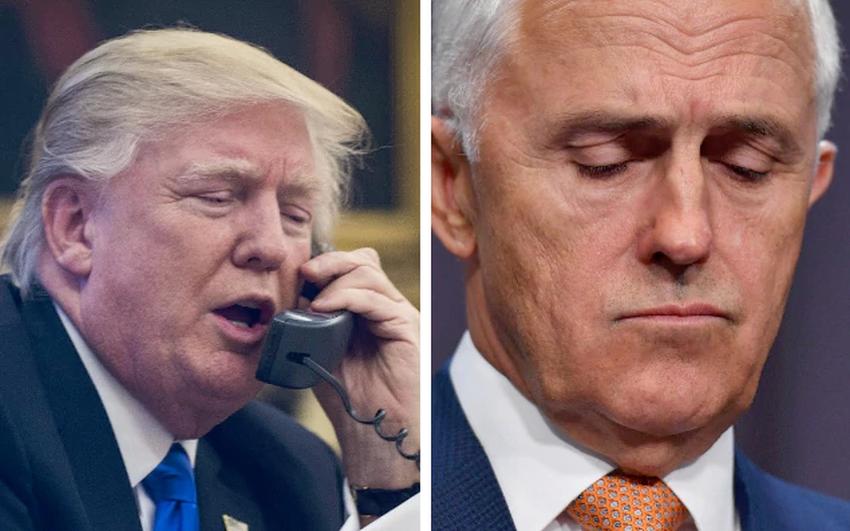By Brant Johnston, master student of International Security Scholar at Macquarie Univerisity, Australia
US and Australia have been inseparable allies, with Australia committing forces to every major war the US has fought since WWII. The two nations are closer than just political and military ties though, with many shared interests and similar cultures.
International Relations experts have often coined Australia as America's 'little brother.' However, the sibling relationship has begun to show signs of friction.
As noted in many foreign news outlets, the election of President Donald Trump has created fractures with many of America's traditional partners. It is reported that the first telephone conversation between Trump and Australian Prime Minister Malcolm Turnbull was not a normal brotherly conversation, but featured much criticism and poor behavior by Trump.

Furthermore, Trump has cut off agreements such as the Trans-Pacific Partnership, that were signed by the former US President Barack Obama, leaving Australia wondering if its strong relationship with the US can be maintained, or does it really matter? President Trump wants to make America First anyway.
Prior to Trump's election, there were already some debates among academics and policy experts about the future of Australia's alliance with the US due to the risk of conflicts with China. As China is Australia's largest trading partner and crucial to future success of the Australian market, many academics questioned the rationality of its relationship with Washington. However, no one ever seriously considered weakening ties until Trump.
Accordingly, Beijing appears to have attempted to fill the void and engage with Canberra for better bilateral ties. Chinese Premier Li Keqiang visited Australia from March 22 to 26. The five-day visit resulted in signing of a series of agreements in a wide range of areas, including trade and commerce, science, infrastructure, finance, agriculture, environment, tourism and education, to name just a few.
Nonetheless, it's unlikely Australia will abandon its relationship with the US. Not only do Australia and the US share similar cultural connections, but Australia’s military hardware relies on American engineering and connectivity, America still counts for a large portion of FDI (foreign direct investment) in Australia and many Australians continue to favour the US.
Ultimately it is too early to tell, but the next four years will surely be an interesting period for the Asia Pacific and Oceania.
The Australian government may opt to wait out the term of the current administration, and communicate with a new White House, meanwhile, Canberra will maintain its current relationship with China.

Brant Johnston, master student of International Security Scholar at Macquarie Univerisity, Australia
(The opinions expressed here do not necessarily reflect the opinions of Panview or CCTV.com)

Panview offers a new window of understanding the world as well as China through the views, opinions, and analysis of experts. We also welcome outside submissions, so feel free to send in your own editorials to "globalopinion@vip.cntv.cn" for consideration.















